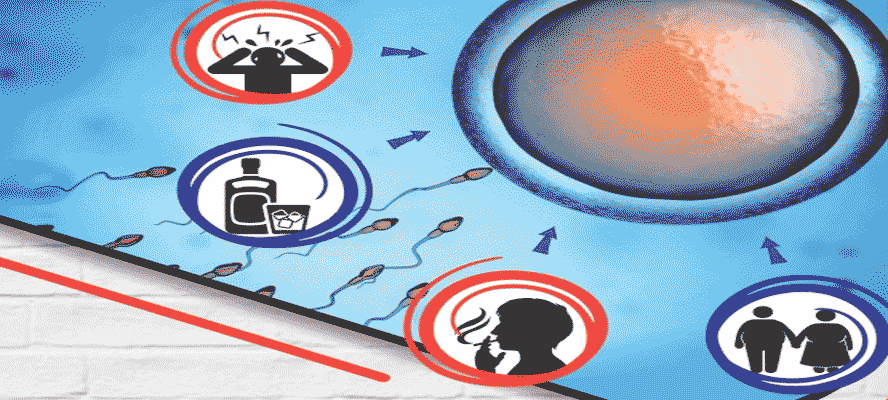It is well established that factors as diverse as Smoking or alcoholism to conditions like obesity or poor nutrition and even advancing age affect fertility. Lets analyse and see in details.

It is well established that factors as diverse as Smoking or alcoholism to conditions like obesity or poor nutrition and even advancing age affect fertility. Lets analyse and see in details.
Share this Post
Watch the Latest Health Tips, Fitness Videos, and Wellness Shorts
Also, Our Exclusive Monthly Newsletter Delivers the Hottest Health Tips and Updates Straignt to Your Inbox!

Embrace hassle-free, at-home, and instant health check-ups with HealthcareOnTime, your trusted online pathology lab for comprehensive, cost-effective, and convenient Thyrocare test booking, lab testing, and medical screening.
Copyright 2026 HealthCareOnTime.com, All Rights Reserved
Disclaimer: HealthcareOnTime offers extensively researched information, including laboratory testing for health screening. However, we must emphasize that this content is not intended as a substitute for professional medical advice or diagnosis. Always prioritize consulting your healthcare provider for accurate medical guidance and personalized treatment. Remember, your health is of paramount importance, and only a qualified medical professional can make precise determinations regarding your well-being.